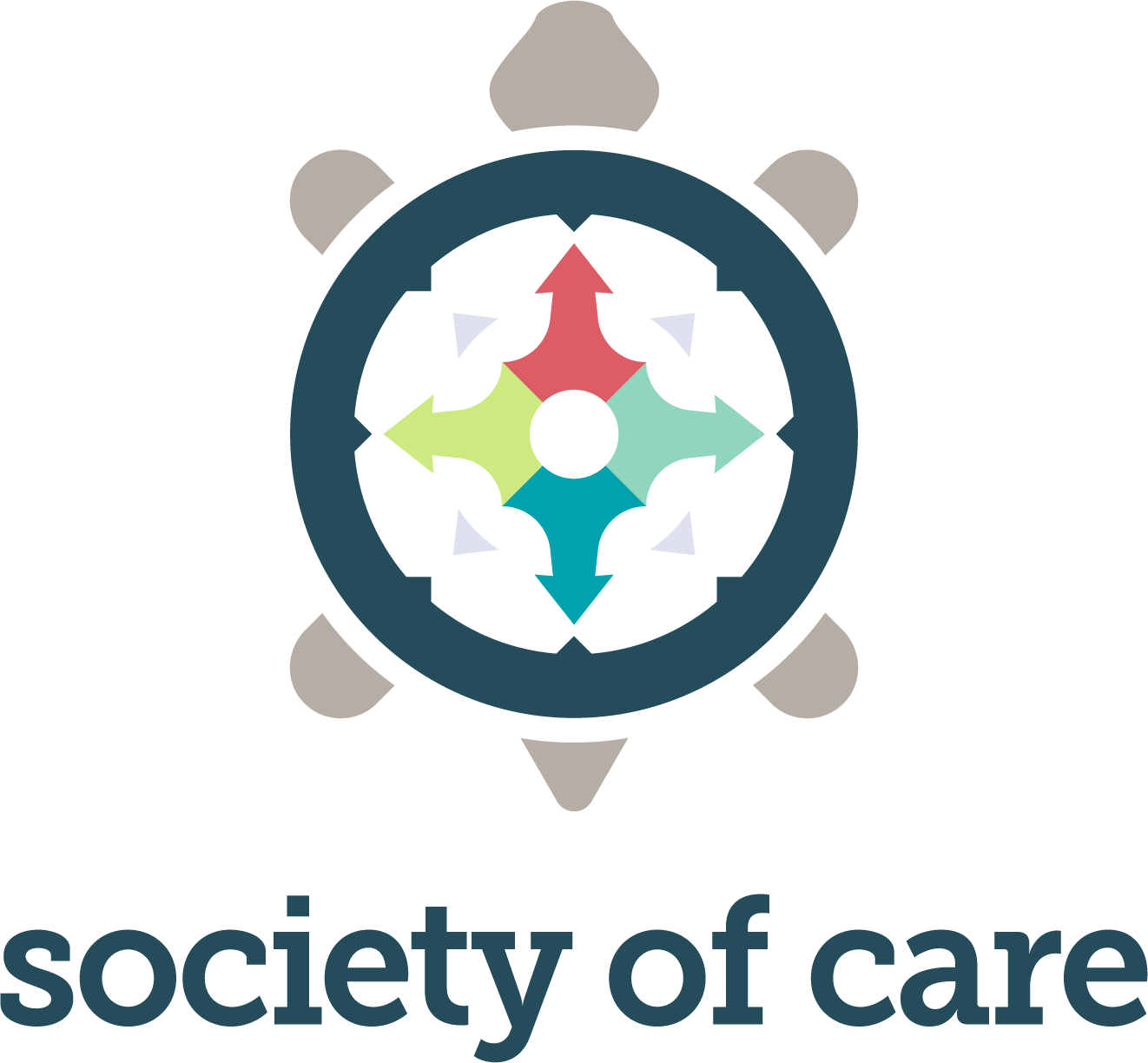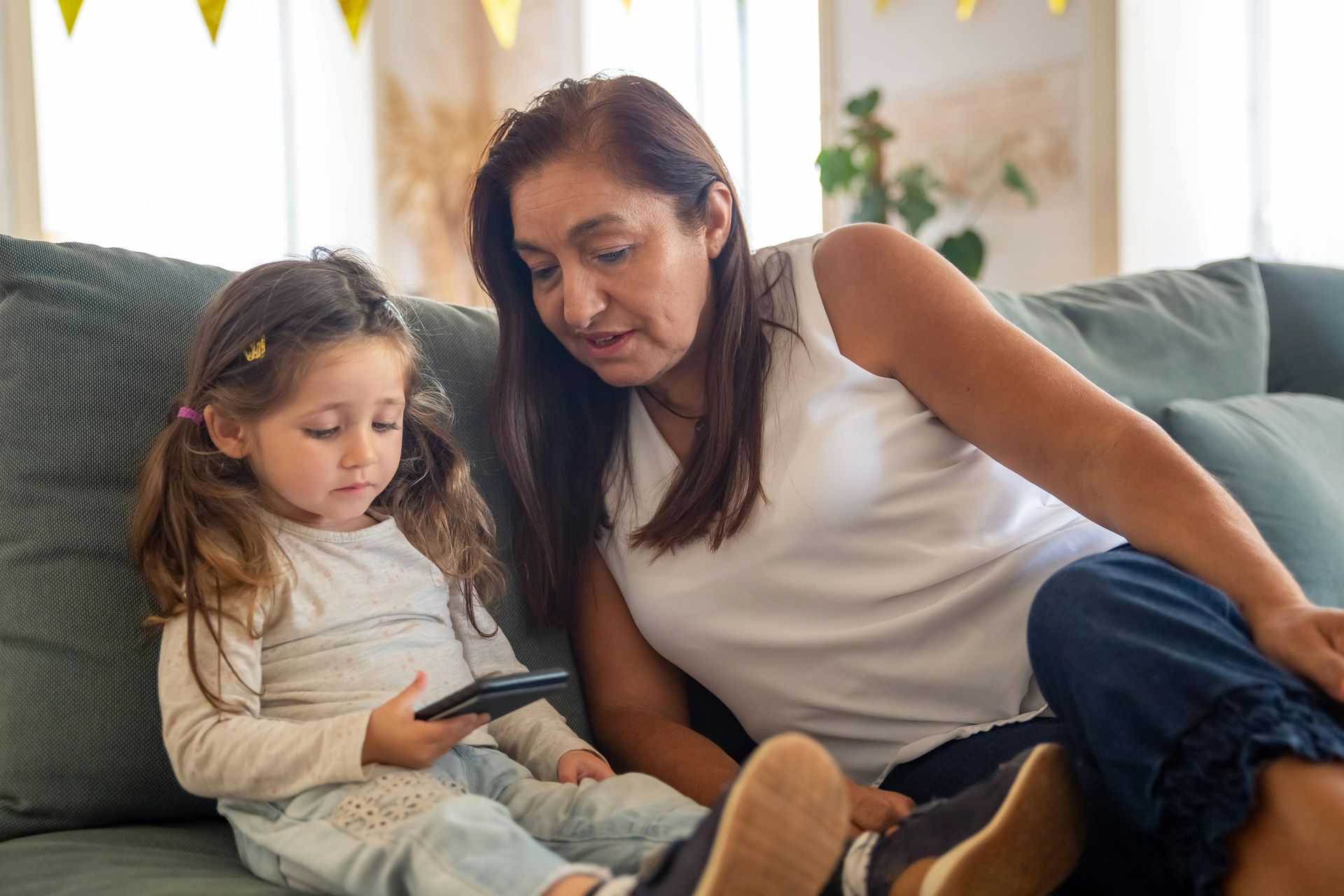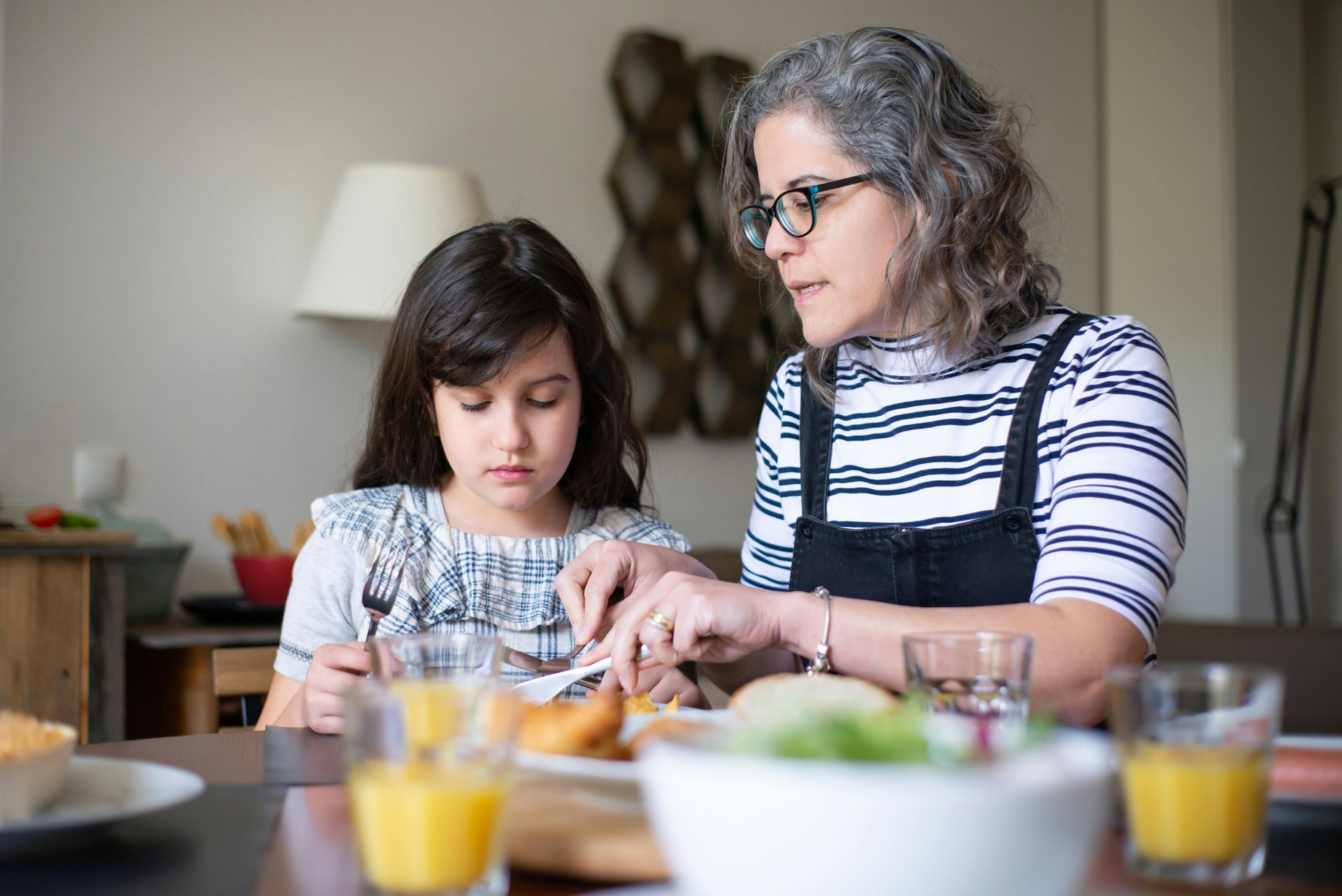Self-care is not all about relaxation and self-indulgence. It’s also about taking care of our mental and physical health. For example, people with mental health conditions may need to practice self-care in order to manage their symptoms. Activities like journaling, therapy, and exercise can be helpful for people with mental health conditions.










